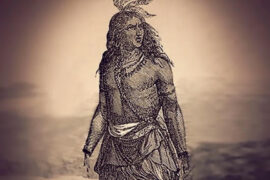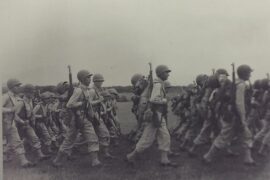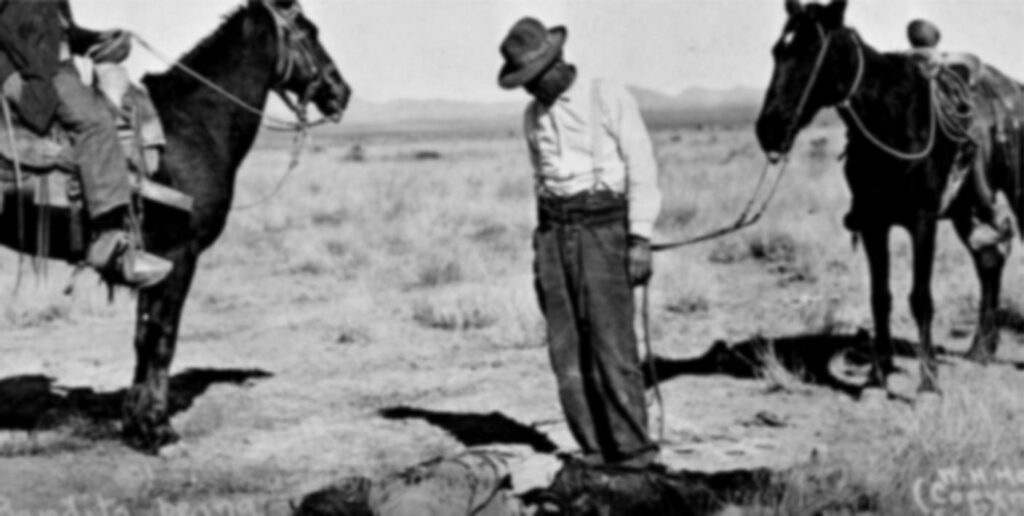
Juan remembers finding the bodies left in the open by their murderers. Despite the intense trauma he underwent, it took him 83 years to tell anyone about the massacre that happened that terrible night in his predominantly Mexican American town of Porvenir, Texas.
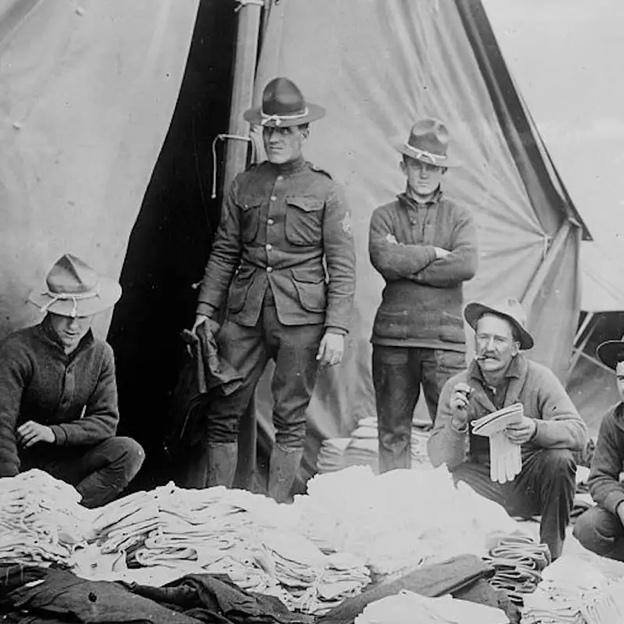
Unsatisfied with simply butchering their loved ones, U.S. Army soldiers burned down the village after most of its 140 surviving residents fled to Mexico for safety. Though the Texas governor disbanded the Ranger unit that led the massacre, in an outcome reminiscent of many modern police shootings of Latinos, none of its perpetrators were ever prosecuted. Instead they claimed Porvenir’s residents were “bandits, thieves, informers and murderers” that had fired on them—all allegations that were disproven.
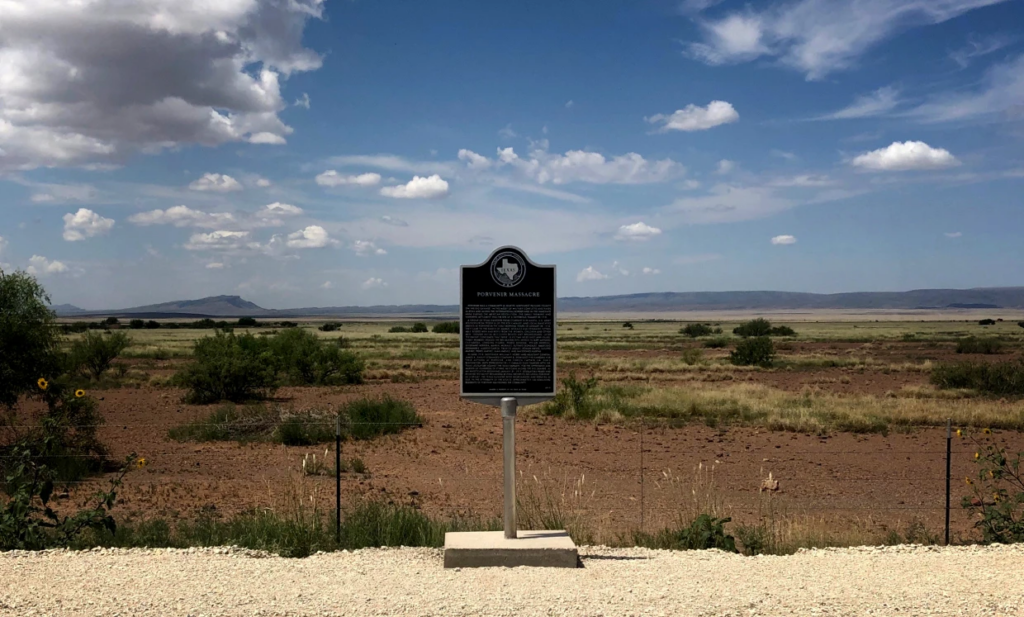
Efforts by Juan’s family and other survivors’ descendants to finally raise a commemorative highway marker were strongly opposed by local leaders who objected to “militant Hispanics… politicizing” the killings. Those same officials also suggested raising markers commemorating Mexican American violence against whites. The massacre is not taught in Texas schools, perpetuating a century-old pattern of victim blaming and denial.



